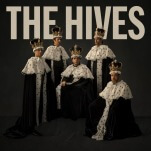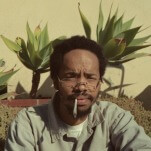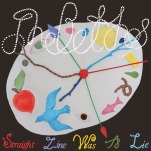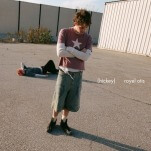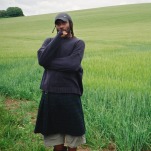Hoots & Hellmouth: Salt
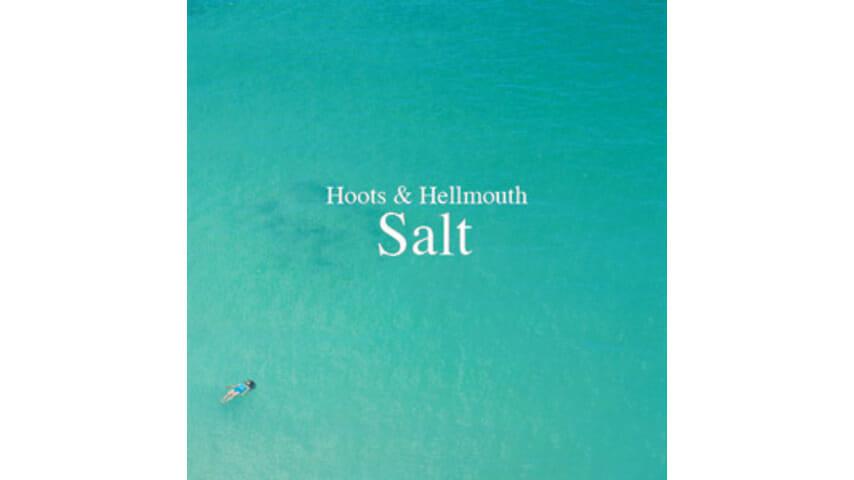
Before recording Salt, LP No. 3 for the Philly-based Hoots & Hellmouth, the band had to weather the departure of Andrew “Hellmouth” Gray who’d started the band as a pared-down folk duo with Sean Hoots in 2005. A new lineup featuring mandolinist Rob Berliner, bassist Todd Erk and drummer Mike Reilly filed in around founding frontman Sean Hoots. The once spare duo has grown fully into the rock-band roster.
And on Salt, Hoots uses the new roster to move the band away from its rollicking roots-music origins, into a smoother adult-contemporary folk-rock. And that’s a natural for the perpetually up-and-coming Hoots & Hellmouth, who’ve watched from the sidelines as the bands they’re most often compared to—The Avett Brothers, Mumford & Sons, etc—have led a surge of successful folk-rock acts.
You’ll notice how rarely anyone comments on how much Mumford & Sons sounds like Hoots & Hellmouth, despite Hoots’ three-to-one lead in discography building; there’s a reason for this. The so-called refinement demonstrated on Salt is mostly just the band steering steadily along the middle of the road.
-

-

-

-

-

-

-

-

-

-

-

-

-

-

-

-

-

-

-

-

-

-

-

-

-

-

-

-

-

-

-

-

-

-

-

-

-

-

-

-









